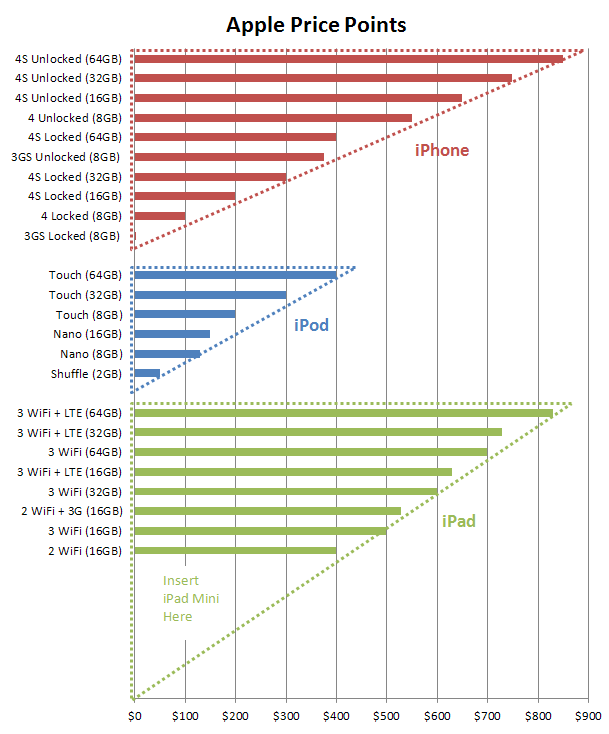It has been far too long since I posted here, but it’s been a very busy month. I’ve been busy working on an update of LibraryBox, making it fast, more stable, and most importantly, far easier to install. The code for LibraryBox v1.5 is on Github, and the installation instructions are forthcoming. One of the reasons that I’ve not published the current set of installation instructions is that I am working on a feature for Make Magazine on LibraryBox, and I want to ensure that they are as thorough as possible before they go to them, and up on the LibraryBox site.
I’ve also been playing around a bit with a MakerBot Replicator that we purchased at MPOW, figuring out its idiosyncrasies. Part of that process has been finding the easiest way to do simple object creation, so in that attempt, I designed a box to hold your LibraryBox:
You can edit one for yourself, or download and print. It’s also in place over at Thingiverse, if you want to download or comment on it there.
So the silence here isn’t to be taken for inactivity. 🙂 A new version of LibraryBox, an article for Make, and my first object on Thingiverse counts as a pretty good month.
